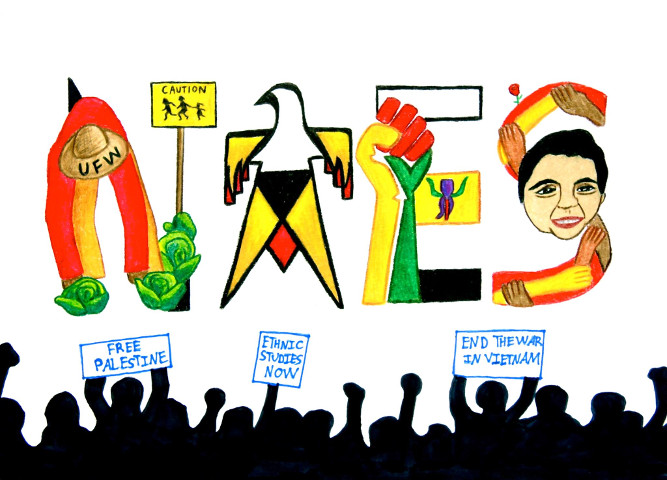Ethnic Studies Review

Orginal Publication Date
2006
Journal Title
Ethnic Studies Review
Volume
29
Issue
esr/vol29/iss1
First Page
22
Last Page
48
Abstract
No longer considered the exclusive domain of legal studies scholars and radical civil rights lawyers and law professors, critical race theory has blossomed and currently encompasses and includes a wide range of theory and theorists from diverse academic disciplines. Its most prominent practitioners, initially law professors and "left scholars, most of them scholars of color" employing the work of the breathtakingly brilliant African American lawyer, scholar, and activist Derrick Bell (2005) as their primary point of departure, borrowed from many of the political and theoretical breakthroughs of black nationalism, anti-racist feminism, poststructuralism, and postmodernism. They also employed and experimented with new cutting-edge literary techniques and social science methodologies that shaped and shaded their work and burgeoning socio-legal discourse, ultimately giving it a fierceness and flair unheard of in the history of legal studies. Early critical race theorists' work acutely accented "the vexed bond between law and racial power" (Crenshaw, Gotanda, Peller & Thomas, 1995, p. xiii). The emphasis on race and power quickly led them to the critique of "white supremacy and the subordination of people of color," not simply in the legal system, but in society as a whole (p. xiii).
Rights
Copyright ©ESR, The National Association for Ethnic Studies, 2006



Comments
Critical Perspectives: New Knowledge